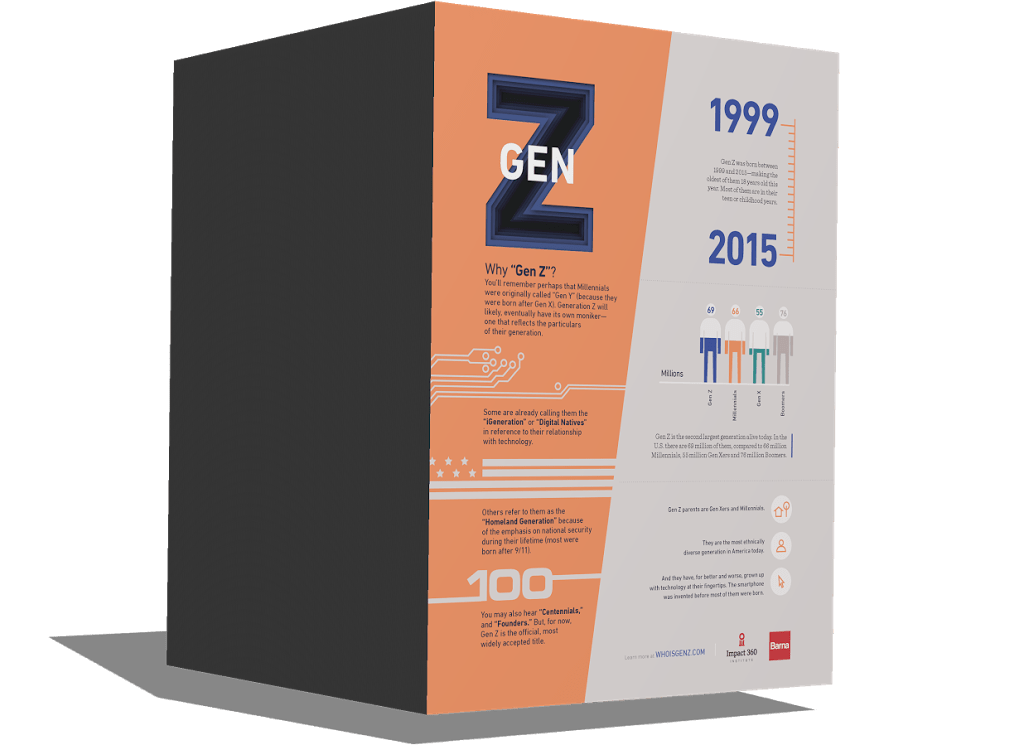"And a child shall lead them ..."
We've heard people quote this over and over, especially when there are shared videos of children or youth speaking intelligently or prophetically on different issues.
But this week, we saw something even more dramatic and prophetic. Something this pithy Bible quote doesn't even begin to describe.
We saw the next generation of prophets beginning to emerge.
After the shooting at Marjory Stoneman Douglas High School in Parkland, Florida, video after video and tweet after tweet began emerging. No, I'm not talking about the "thoughts and prayers" we kept hearing from officials and other adults in power. I'm talking about the social media frenzy from teenagers. Because it turns out, they've been paying attention.
And whether you agree with them or not, you can't help but listen to them.
I've been working with teenagers in some capacity since I was a teen myself. (I could write a whole separate post on how important that has been in my own development and how thankful I am for their presence in my life.) I spent time with teens throughout the 2016 election cycle. At least once a week, I was teaching them the basic tenets of the Christian faith and helping them figure out what that meant for their lives. And inevitably, social issues came up. Not because I told them, but because they're paying more attention than, I would argue, any young generation in history. They know the names of elected officials (I probably couldn't have told you the name of the Secretary of State or the Attorney General when I was their age). They know about legislation that is passed or not passed. They know about campaign finance issues. They know. They're paying attention.
So when a school shooting happens, they know that "thoughts and prayers" aren't going to cut it. They know whether or not their legislators have taken money from the gun lobby. They know. And if they don't know, they know how to find out.
The first of this generation is registering to vote. Some of them will vote this year. And they aren't going to vote the way their parents vote just because their parents vote a certain way.
Watch out, world. [Generation Z] has been watching you, and they're not going to just sit back and watch for much longer.
Be sure you're subscribed to the blog (click here and sign up for updates) so you can catch part 2 of this series where I look at historical generational trends to help us understand why it makes perfect sense that we're seeing a new generation of civil rights leaders emerge in [Generation Z], and what that may mean for the future of our country and our churches.








